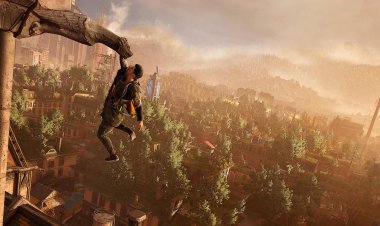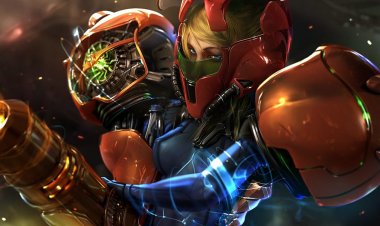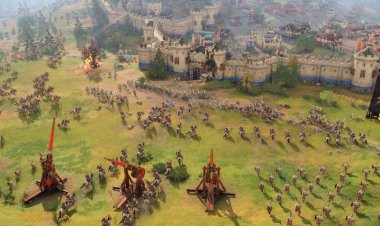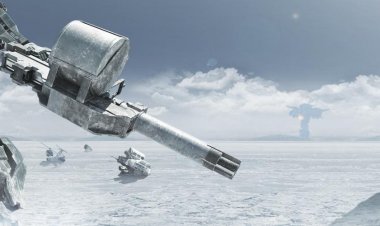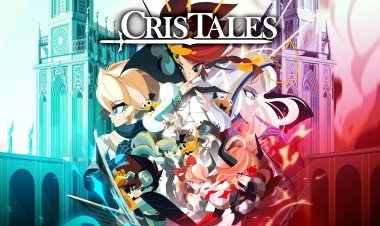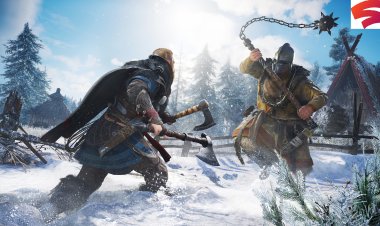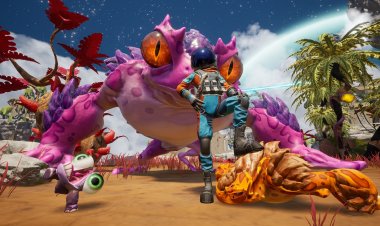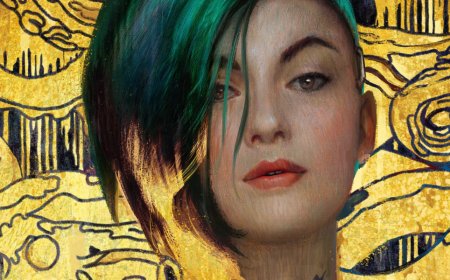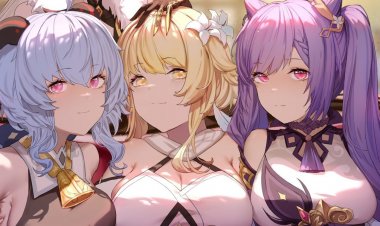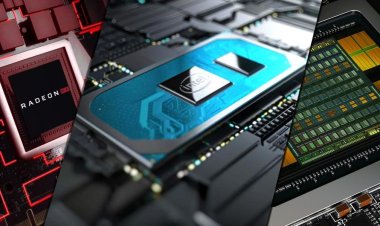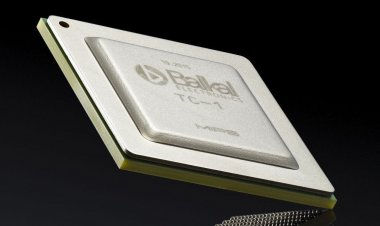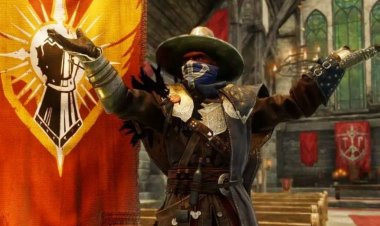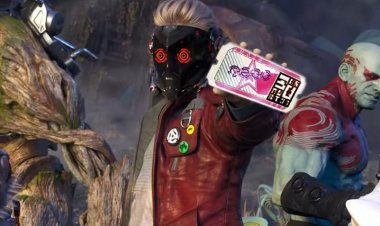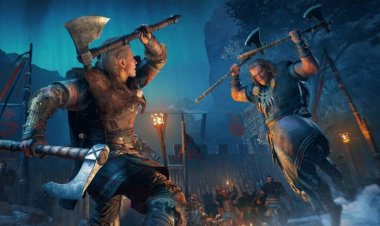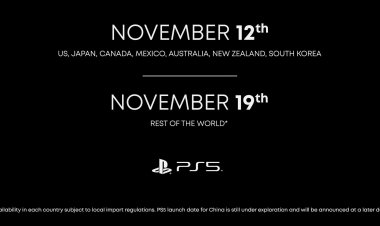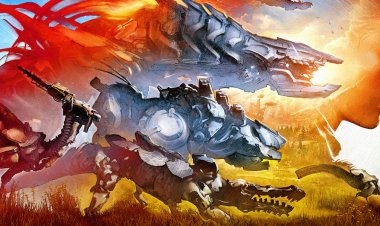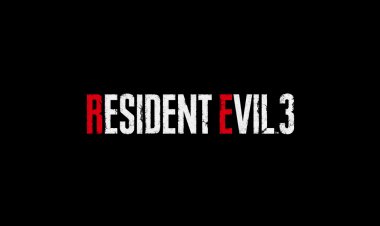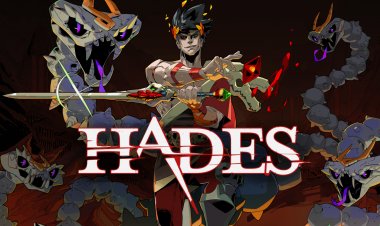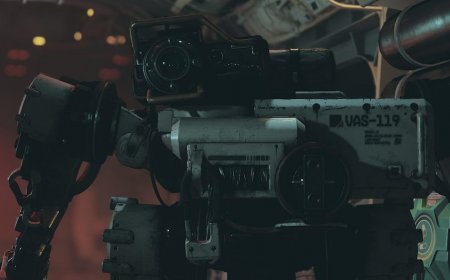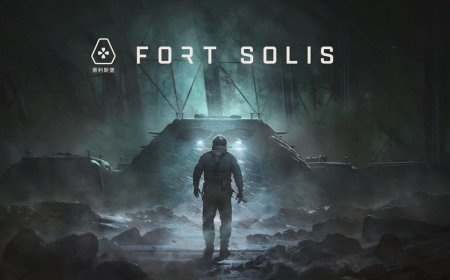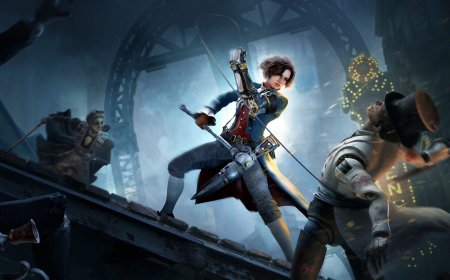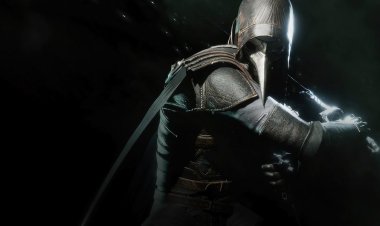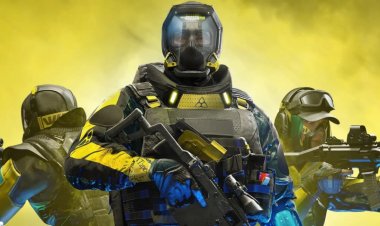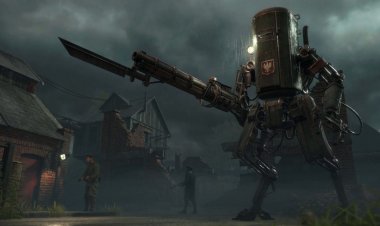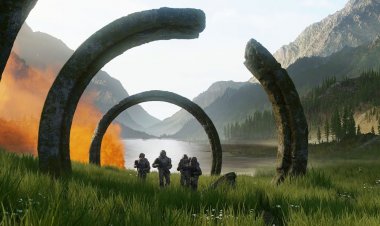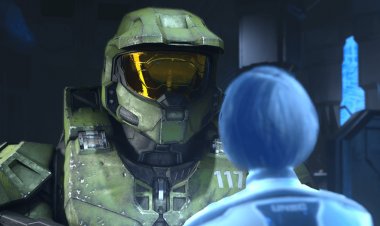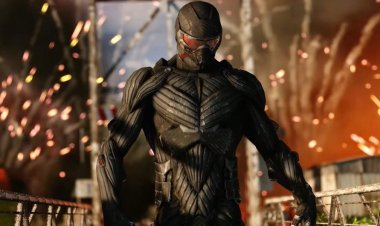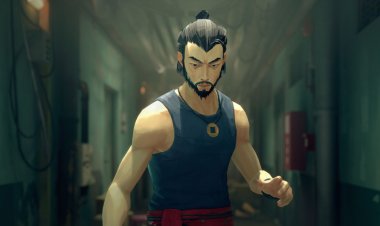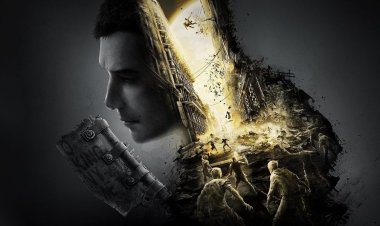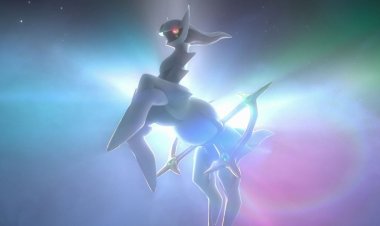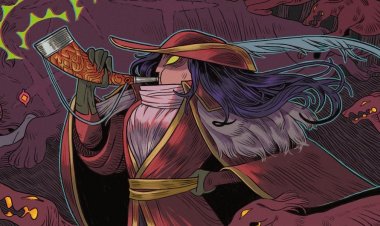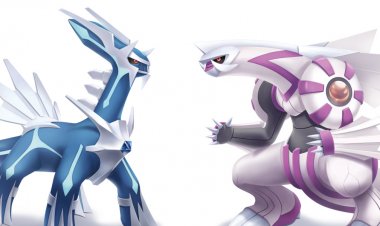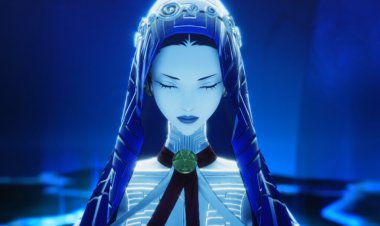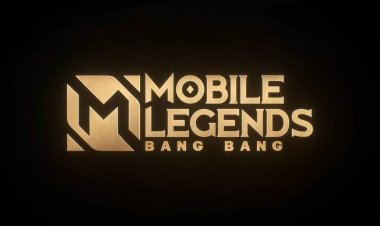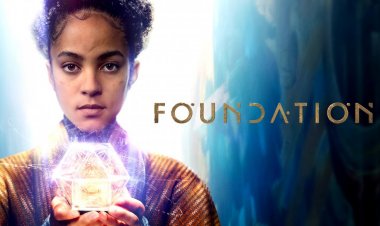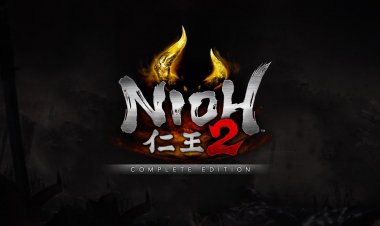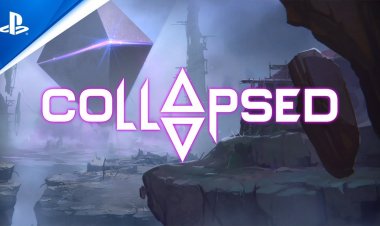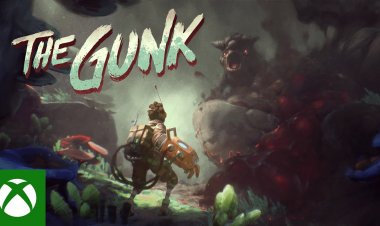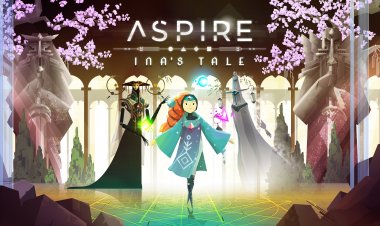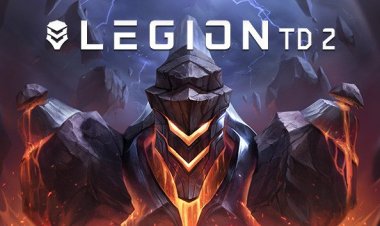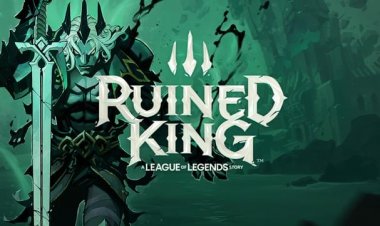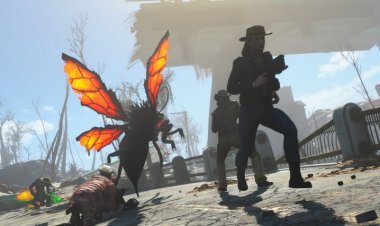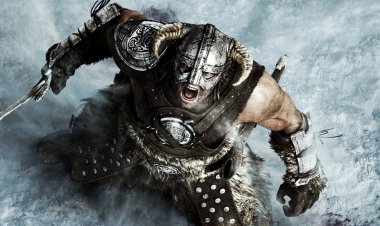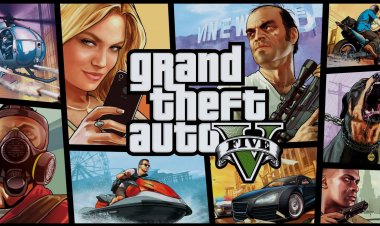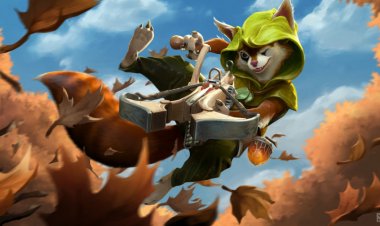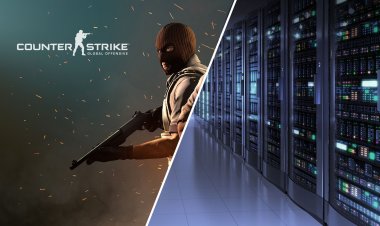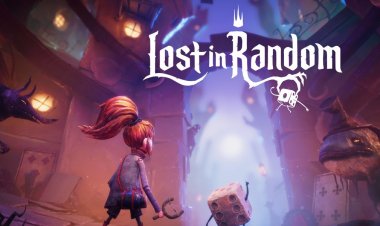Yakuza: Like a Dragon - review
Today, there are hardly too many games on the market that are conservatively comparable to the multi-part crime drama Yakuza by SEGA.
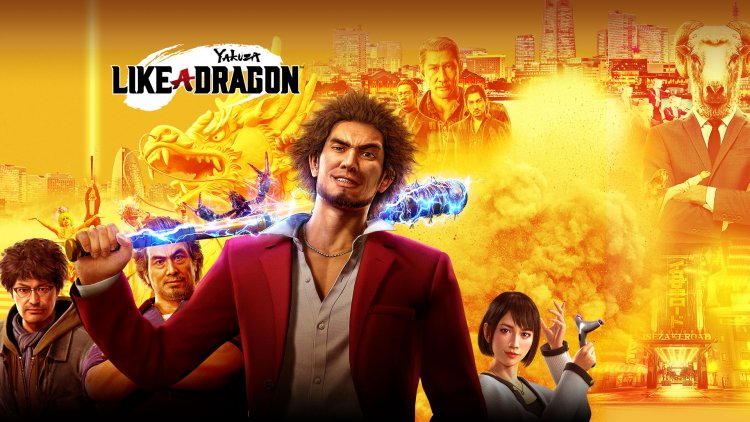
Starting their way back in 2005 on the PlayStation 2, stories about the harsh everyday life of organized crime in Tokyo got on stream - new chapters of the Yakuza consistently appeared at least once every 24 months, and emerging gaps in the release schedule were quickly filled with experimental offshoots.
Such a maximally productive approach to Yakuza production for many years determined the vector of development of the entire franchise - instead of jumping attempts to surprise the audience with crazy innovations, Toshihiro Nagoshi and his team systematically built a solid Foundation on which they later, from year to year, built new game designs.
Regardless of how you feel about the annual release of Yakuza, whether you criticize the authors for the "pipeline", or sincerely enjoy karaoke songs about lost love with a glass of sake, there is simply no denying that it was the serial format that ultimately dictated the entire unique identity of this game line.
That is why the announcement of the seventh numbered Yakuza caused such a strong response among a variety of players. After completing a long and branching story arc with Yakuza 6, fans prepared themselves for a new beginning. But instead of just turning over another completed page of their monumental work and starting writing the next one using familiar tools, the Ryu Ga Gotoku Studio team has caught fire with unexpected ambitions.
Classic for Yakuza dynamic action-gameplay at the click of your fingers went on vacation, and its place was confidently taken by a completely new system-turn-based battle mechanics, largely following the traditional canons of JRPG. Along with the revision of key aspects of the gameplay, the developers also decided to bring previously unknown characters to the stage, and the scenery for the bulk of their adventures suddenly became far from Tokyo and Osaka. In turn, the Western branch of Sega went even further and gave the seventh part of "Yakuza" a strange name - in our markets, the project is called Yakuza: Like a Dragon. This simultaneously distances the game somewhat from its long-standing past, but it also gives it a fresh start - with a subtitle corresponding to the original Japanese title of the entire series - Ryu Ga Gotoku (literally - “Like A Dragon”).
Despite the fact that Yakuza: Like a Dragon is served as a soft restart and it can be played without familiarity with previous releases, it is important to remember that the new story is still part of the General Canon of end-to-end storytelling, so understanding certain subtleties of the universe will not only capture interesting references, but also cover the broad context of the drama unfolding on the screen. Just a view of the spire of the Millenium Tower under construction is bound to cause fans a sincere smile from understanding how many fateful collisions will be made by half-naked Japanese men on the last floors of this high-rise.
The events of Yakuza: Like a Dragon begin on December 31, 2000, between Yakuza 0 and original Yakuza, in the painfully familiar streets of the Kumurojo district. The dragon of the Dojima family, Kazuma Kiryu, is serving time in prison for a crime he didn't commit while the shadow world of Tokyo continues to live its life.
One of its inhabitants is the young and charismatic bandit Kasuga Ichiban, a young man with a difficult childhood, born in a local brothel (the same one where the mad Goro Majima will Park his truck one day) and raised by his own staff and favorite console games. Barely out of school, young Ichi tumbled down the social ladder, mired in robberies and extortion, until one day his victim was a member of one of the Kamurojo bandit families.
Caught in a trap set by murderers seeking revenge, Kusuga uses the last ACE up his sleeve-bluffing, calls the name of the Patriarch Masumi Arakawa, known in Tokyo for his ruthlessness. To Ichiban's surprise, Arakawa actually appears on the doorstep of the warehouse where he was beaten to a pulp, apologizes to the injured family for the brainless teenager, and as a sign of punishment, deprives himself of one of his fingers. Touched by an act of selfless kindness and honor, Ichiban swears loyalty to Arakawa, preparing to follow the Patriarch's trail, no matter what the cost.
A few years pass, and thanks to the impenetrable impudence of Ichiban gets his own - now he is a member of a respected criminal syndicate and can proudly walk down the street, wearing an expensive suit badge of the Tojo clan. For the Patriarch himself, the devoted Kasuga actually becomes the second son, to whom he assigns the most delicate and personal tasks.
Unfortunately, the new year is met with an unexpected crisis. The Patriarch's right hand kills one of the members of the Tojo Clan, after which Arakawa asks Ichiban to make a forced sacrifice-to take the blame for the murder and thereby save the family's honor. Despite the severity of the whole situation, Kasuga is genuinely moved by the request of his "father" and immediately agrees to go to jail, thereby repaying Arakawa for all the good he has done.
Mirroring the fate of Kazuma Kiryu, Kasuga Ichiban spends the next 18 years of his life in a prison cell, dreaming only of one thing-to return to freedom and continue to serve Masumi Arakawa with honor, whom the hero truly idealizes. But in the wild, disturbing revelations begin to fall on Ichi's head one after another.
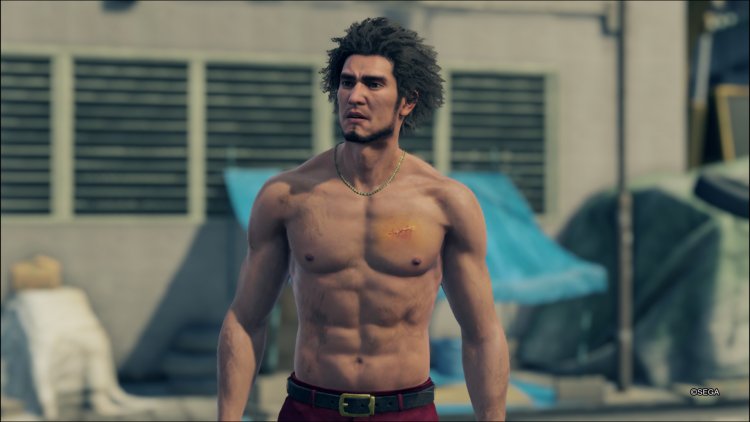
It turns out that the past years have led the Tojo clan to decline, and power over Tokyo was seized by its worst enemies - the Omi Alliance. Later, Ichiban's sudden ally, Koichi Adachi, a retired police officer, informs The hero of even more frightening news - such radical changes in the balance of power of Japanese organized crime were caused by the actions of Masumi Arakawa, who now swore allegiance to the Omi Alliance.
Refusing to believe that Arakawa could betray the ideals of Japanese honor, Ichiban, along with Adachi, begin their own investigation in an attempt to get to the truth. And you don't have to wait long - Kasuga comes face to face with the man he considers his father, only for the whole familiar world to collapse overnight...
After a series of tragic events, Ichiban wakes up in an unfamiliar landfill in the city of Yokohama. Having lost everything that is dear to him, the bandit with a heart of gold tries not to lose heart and sees before him the only logical consolation - when you fall to the bottom, the road remains only up. That's how, with the support of a homeless doctor Nanba, Ichi, like a dragon, rushes forward, taking the role model of the heroes of his favorite game - Dragon Quest.
The mention of Ichibana's love for Japanese role-playing games in the text is not present for the sake of a neat reference, but in order to frame Yakuza: Like a Dragon in the necessary form. Literally inspired by the traditional adventures of the protagonists of the cult jrpgs, Kasuga decides to become a real Hero himself. And to do this, of course, he needs to gather a squad of loyal friends, defeat thousands of enemies and defeat the terrible villain.
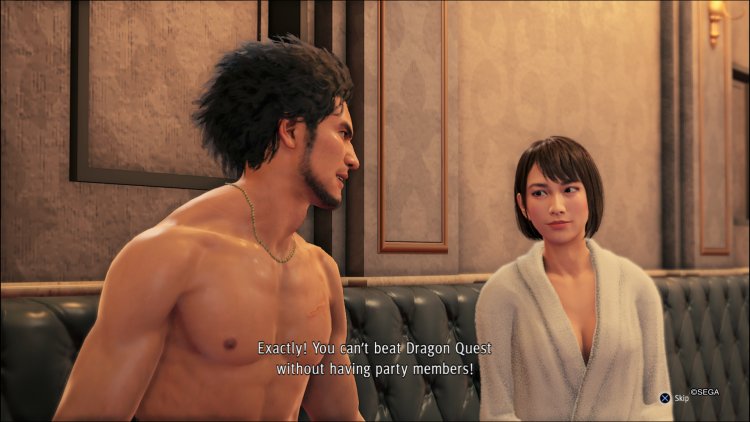
This is the reason for such a critical change of focus in the gameplay. Entering the battle with another scoundrel, Ichiban presents himself as a mighty hero, and his rivals as ordinary oddball monsters. Thus, the game presents its combat system - a really unusual variation on the theme of turn-based battles.
After a collision with enemies, Yakuza: Like a Dragon loads "combat" models of characters and opponents, and the necessary interface elements appear on the screen. All the options in battle are fairly standard - you have normal physical attacks, a set of unique skills that spend mana points, the ability to stand on the defensive, as well as a number of additional options, including calling especially strong (and sometimes funny) allies and using useful items.
But if when viewing the gameplay recordings, you might think that the developers did not delve into the details of the combat subsystems, simply depicting a beautiful illusion of JRPG, then you are deeply mistaken. During battles, the game calculates an infinite number of variables - all attacks have certain elements associated with them, skills can impose status effects, squad indicators affect the probability of a successful attack, and all opponents have pre-set weaknesses and strengths.
At the same time, the turn-based mechanics of Yakuza: Like a Dragon manage to maintain high dynamics that are atypical for the genre. This is achieved through bold design solutions. First, the need to perform actions in a strict sequence does not mean that the world remains static - on the contrary, heroes and enemies constantly change positions, converge, and then diverge again. Given that many skills are positional, instead of going through the menu for a long time to find the most effective option, you constantly analyze the position of enemies. For example, if you breathe burnt alcohol on your enemies and set the time correctly, you can capture a whole group of opponents, ending the battle in just one move. Secondly, we must not forget that opponents lying on the ground receive double damage, so sometimes it turns out to build effective and fast combinations, where the attack of one character, knocking down, is followed by a powerful lunge of the second. The element of surprise is also introduced by the trash lying on the ground, which can be used spontaneously by your party members if they suddenly seem to be within its reach.
Conditional controlled randomness, by the way, does not always play into your hands. After choosing the next victim to hit on the head with a baseball bat, a completely different enemy may stand in the way of Ichiban or his friends, which will automatically interrupt your turn, forcing you to re-evaluate your nearest strategy.
Another point is related to episodes that require you to keep your eyes on the screen, even if you choose the most effective technique. From time to time, similar to traditional Heat Actions (special attacks in games of the Yakuza series), Like a Dragon offers to press certain buttons when getting into timings, which multiplies the potential damage. The block system works in a similar way-by pressing the button exactly at the moment when the enemy's weapon comes into contact with your hero, the system counts the so-called “perfect block”, which significantly reduces the probability of death.
It is worth noting the balance of complexity. In General, the games of the Yakuza line never really tried to challenge. Passing on higher settings, of course, made its own adjustments, and those who did not have enough, could always resort to some interesting challenges - for example, to refuse to use medical items during the battle. However, quite quickly (often this moment was associated with getting the Tiger Drop skill from Kiryu), any difficulties were completely forgotten, and all you had to do was look at the beautiful Heat Actions a good hundred times. Therefore, here Yakuza: Like a Dragon also compares favorably with the previous parts. Random skirmishes on the streets of Yokohama in most cases fly by unnoticed, but some unexpected story boss is quite capable of forcing you to think about your next step with due responsibility and carefully monitor that the party members have access to the best equipment. In this way, the entire game is actually sustained, and outside of street fights, the intentions of gameplay designers are extremely transparent - key fights are built to maximize all the subtleties of available mechanics, without allowing you to mindlessly rely on the autoboy button.
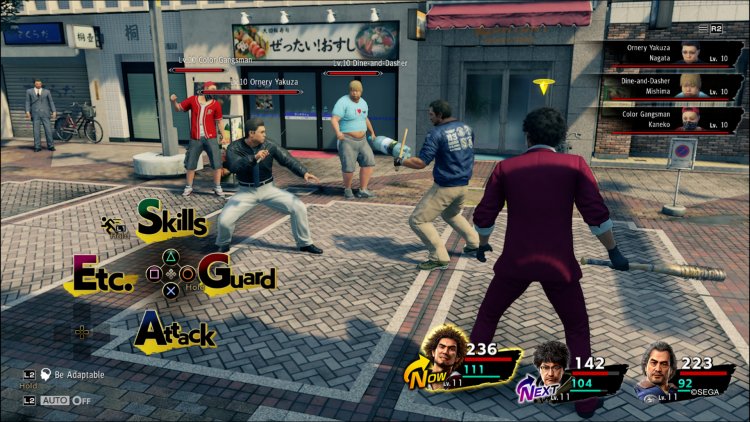
Given all the elements described above, we can say that the Yakuza: Like a Dragon combat system turns out to be, perhaps, the most important thing - it gives a lot of bright emotions and manages to get bored even at the fortieth hour of passing. This is largely achieved through cool musical themes, expressive sound effects and beautiful attack animation - crushing blows are accompanied by an explosion of colorful particles, while each of them is visually different from the other.
But the role-playing nature of Yakuza: Like a Dragon is not limited exclusively to fights. The character progression system is based on the experience gained in battle, but it also has its roots in countless secondary activities. Ichibana has a number of conditional characteristics that gradually develop as the game progresses. By choosing a positive answer in the dialog, the hero becomes a little kinder, and if you correctly answer a tricky question, the scale of his intelligence will increase. "Social" pumping also includes all sorts of challenges, for example, requiring you to fight a certain number of enemies or run ten kilometers. With the development of the personal qualities of Ichibana you get access to new exclusive content - meet the characters, or open up previously inaccessible areas.
Since Ichiban almost always travels in the company of his companions, working together also strengthens the bonds of their friendship. Did you sing a karaoke song with Adachi (who, by the way, is voiced by Akio Otsuka, the permanent Japanese voice of snake in Metal Gear Solid) Now your relationship has become somewhat stronger. Did you watch a Comedy in the old movie theater with Nanba? From now on, you are friends forever. By strengthening your connection with your party, you gradually open the veil of everyone's personal stories, while simultaneously unlocking nice bonuses, such as passive experience increases and the ability to choose new classes for heroes. Here you can draw analogies with the latest Persona.
Because of this, in Yakuza: Like a Dragon, there is a pleasant synergy of the entire game content. Whatever corner of Yokohama your team goes to, you will definitely find something useful or helpful in their progress. Battles with ordinary monsters give items and experience, going to a restaurant strengthens relationships with friends, and unplanned completion of tests develops the social characteristics of the protagonist. This also includes the search for new equipment - now it is of crucial importance, and does not exist somewhere far away just so that you remember about it before the end of the game, preparing for a fight with the next super-boss from the Amon clan.
And it is the abundance of content, both story and optional, that leads to the main drawback of the game - the extremely low pace of narration in the first half of the adventure. The opening hours of Yakuza: Like a Dragon occupy a conditional prologue. Screenwriters introduce the audience to key actors, establish a Central narrative conflict, while game designers teach the main features of the game process in the background. Next, the plot takes the necessary step to the side and leaves a huge space to slowly, in an hour, a teaspoon, to bring you up to speed.
Once in Yokohama, Ichiban is at first puzzled by the most everyday questions-finding a place to stay and an opportunity to earn at least some money. Alternately, within the framework of several mini-arches, he encounters his companions, helps them solve various problems and declares himself to local criminal organizations. Performing a ridiculous side job, Kasuga crosses the road of the mysterious Korean mafia, the next day destroys the underground business of the local Yakuza family, and the investigation of a terrible murder confronts the hero with a local cell of Chinese bandits. All this is undoubtedly interesting to watch, but trying to tell a whole string of stories and at the same time chew in detail all the distinctive aspects of the gameplay and secondary activities, developers fall into an unpleasant trap - the dynamics of events sometimes fall to negative readings.
You expect to finally learn about the further misadventures of a bright character, but instead you are taken to a forty-minute introductory section dedicated to a well-developed mini-game on business management. After an expressive and touching cutscene, you want to see what will happen next as quickly as possible, but there is only a forty-minute run through a dungeon full of enemies ahead of you. The fact that Yakuza: Like a Dragon has a deep class customization system that allows you to adjust the strengths and weaknesses of your squad, with a leisurely passage, most players will learn at best only at the fifteenth hour of gameplay.
Fortunately, towards the middle of the story finally accelerates confidently, each new Chapter brings with it an unexpected twist or a series of powerful emotional episodes, and the game stops holding your hand and allows you to delve into all its diversity in a convenient manner for everyone.
In almost all other respects, Yakuza: Like a Dragon remains true to the previous parts. The aspect of virtual tourism is stronger than ever - the city of Yokohama turned out to be extremely beautiful. By its scale, the new location easily bypasses Kamurocho and Sotenbori combined, the streets are full of details, and each district has memorable corners and attractions.
There are also endless secondary stories-comical, and sometimes tragic sketches from the life of not the most ordinary Japanese, to whom Ichiban is ready to lend a helping hand, even in the most absurd situations. Saving a pet cancer, befriending a fetishist who has lost his taste for life, and the love story of a homeless man and a social worker - this is the smallest part of what Ichi faces until he hits the psychos wrapped in garbage bags with a bat.
While cynical users of Internet forums sincerely complain about the stagnation of the gaming industry and the dominance of the same type of sequels, the new Yakuza allows itself the unthinkable - a real creative experiment, organized in an attempt to ignite a new spark in the soul of the series. At the same time, with filigree accuracy, the developers managed to preserve everything that millions of people around the world once loved the dojima Dragon Saga.
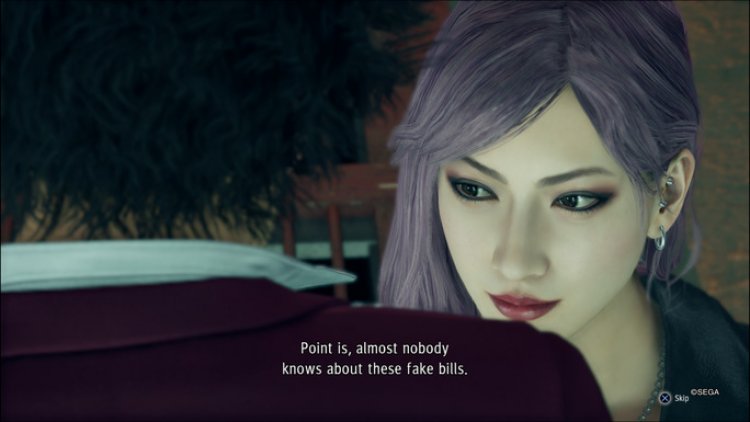
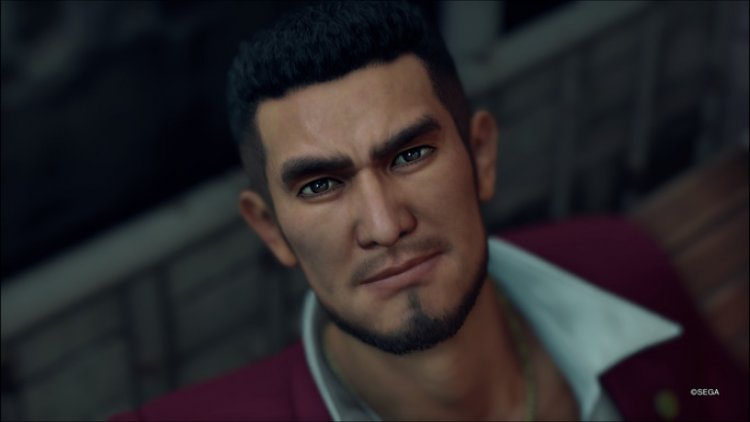
Look at Yakuza: Like a Dragon is simply necessary through the prism of the main character. This is a shamelessly brazen, bold, genuinely kind, life-affirming and insanely charismatic game. The legendary journey of Kasuga Ichiban, like a bright torch, carries with it a hackneyed, but so beautiful idea - each of us can become a real Hero, even if we have to go against fate, fighting our way through hundreds of random battles with the last of our strength.
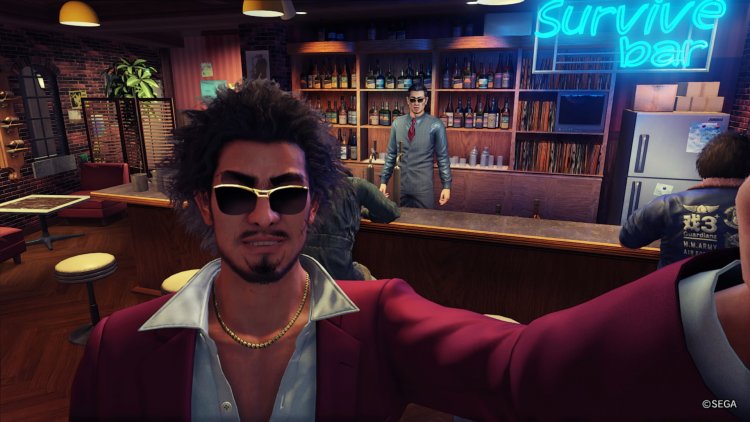
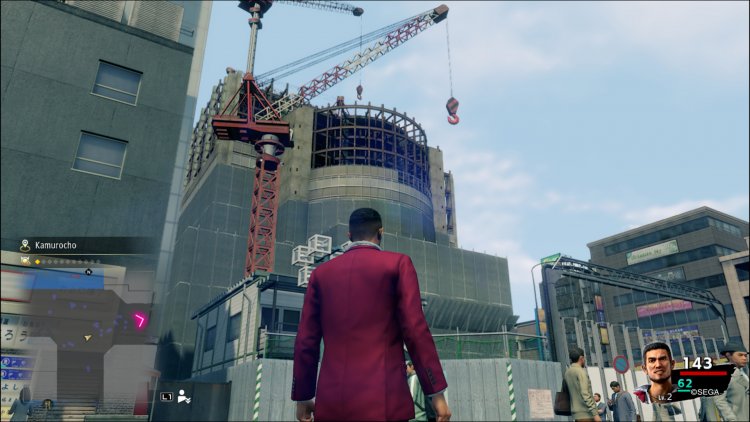
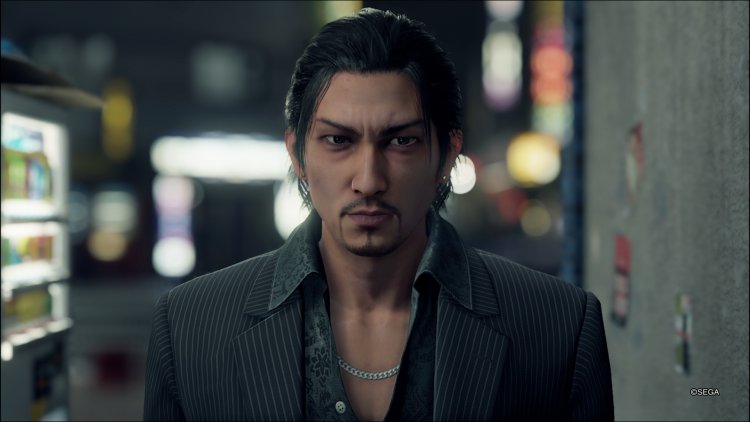
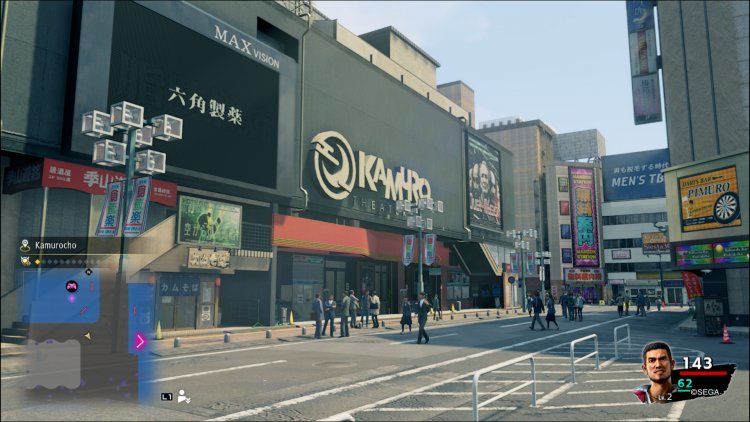
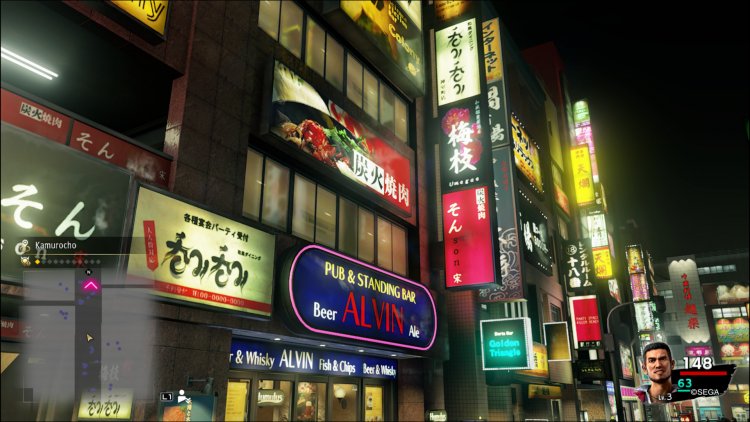
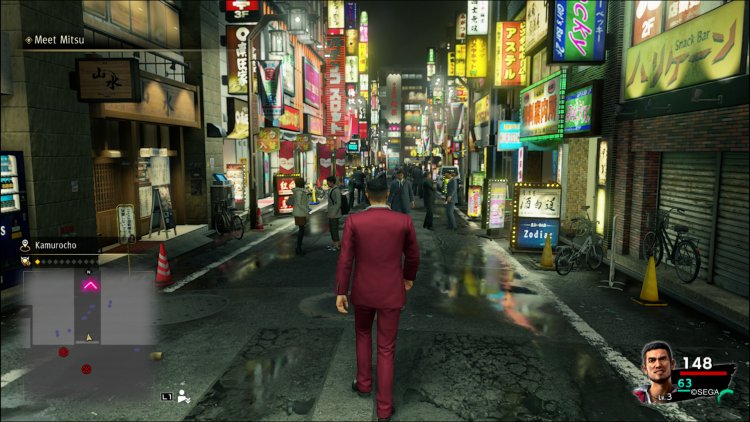
What's Your Reaction?













